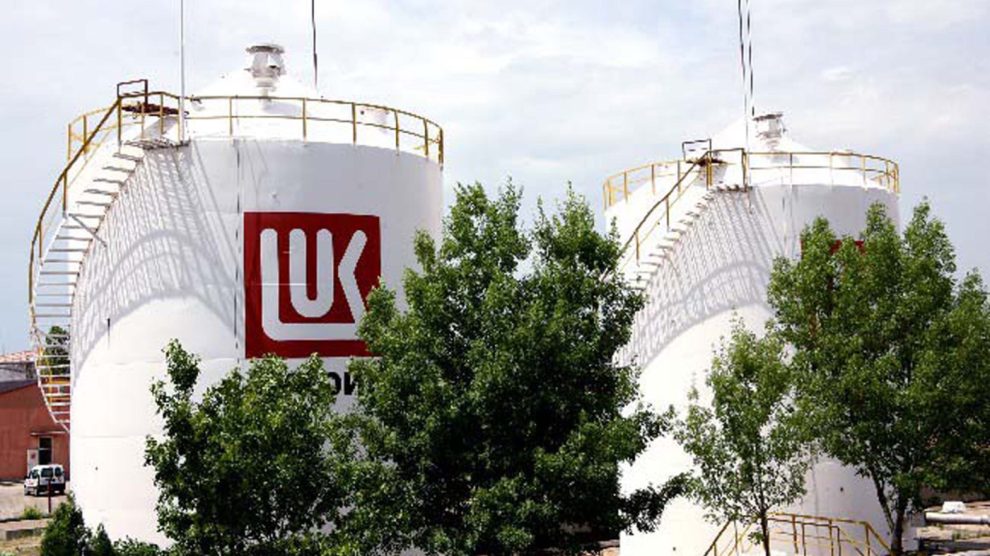Government sets out to nationalise Lukoil. On Thursday, the Italian government unveiled its plan to place a Sicilian refinery – owned by Russia’s Lukoil – under a temporary trusteeship. Rome aims to prevent its shutdown, as the EU-wide embargo on Russian seaborne oil is set to become effective on Monday, December 5.
- Adolfo Urso, Minister of Business, intends to “protect the national interest in strategic and productive sectors,” as he wrote in the decree. The energy crisis has become “an emergency” and there are ‘imminent risks to production continuity” which are “likely detrimental to the national interest,” reads a press release.
It’s strategic, indeed. The Lukoil refinery accounts for roughly one-fifth of Italy’s refining capacity. It employs around 10,000 people with its satellite industries, noted PM Giorgia Meloni. “The purpose of the emergency intervention is to protect both a strategic national energy hub and the employment levels so significant for Sicily and the entire nation.”
And Russian in nature. According to the Lukoil website, the Sicilian refinery is wholly owned by the Lukoil Group and is Europe’s third-largest refinery in terms of throughput. While the group itself is not affected by European sanctions, banks remain reluctant to deal with a Russia-related entity for fear of being targeted by future fines in the United States, where the company has been subject to sectoral sanctions since 2014.
The plan: the government can now impose a temporary trusteeship for up to one year, extendable for another 12 months. ENI, a State-controlled energy company, is expected to indicate and support the special commissioner who will be appointed to oversee operations.
- Instead of opting for a full-on, costly nationalisation, Rome elected this less-invasive option to preserve leeway for selling negotiations – while ensuring its actual control of the refinery by means of its golden power, allowing the government to protect strategic assets.
- State lender CDP and other government appendages have also been cleared to support the refinery via recapitalisation.
- Going forward, the Financial Times reported Thursday that talks had resumed with US private equity firm Crossbridge Energy Partners, which is considering whether to acquire the plant for €1-1.5 billion. Reportedly, global commodity trader Vitol would help to finance the deal.




